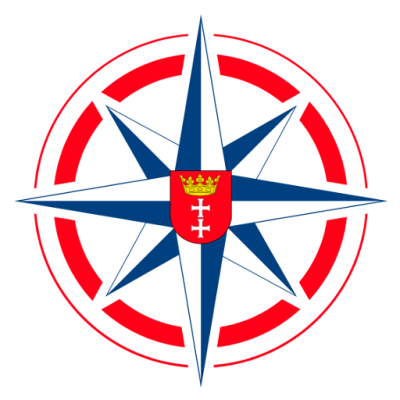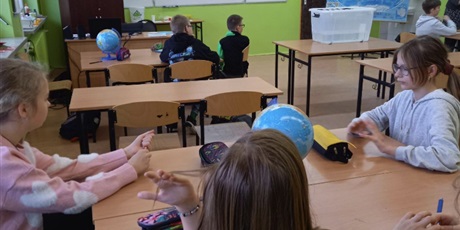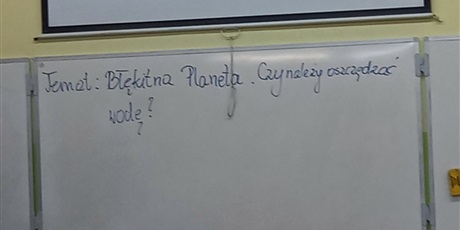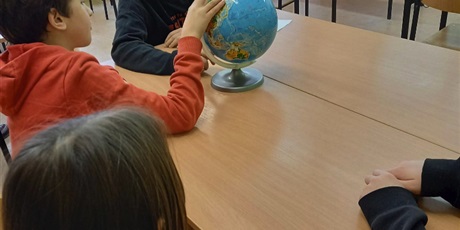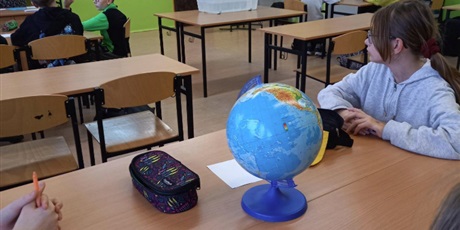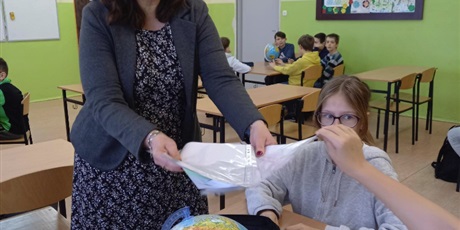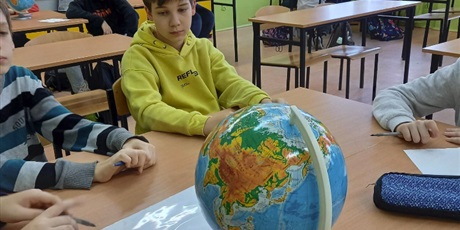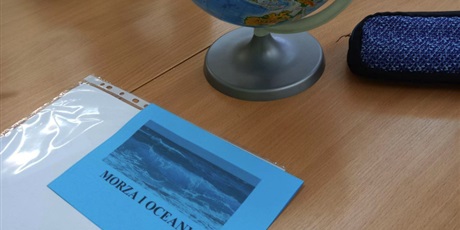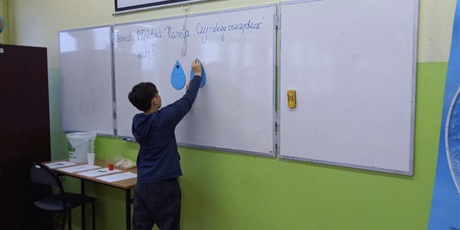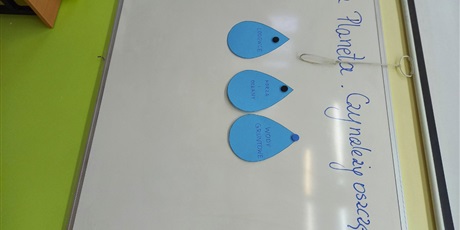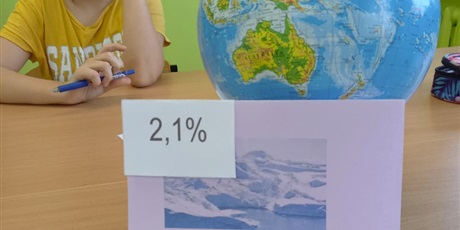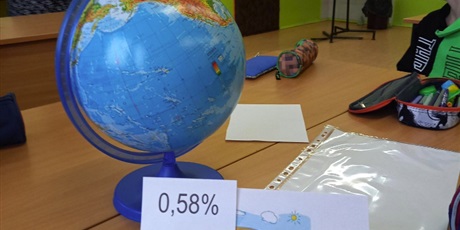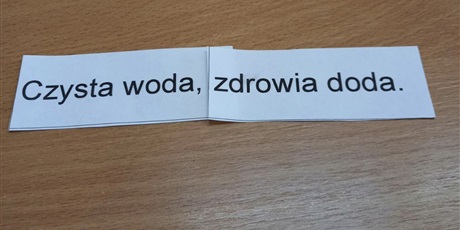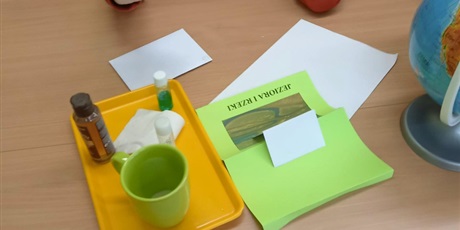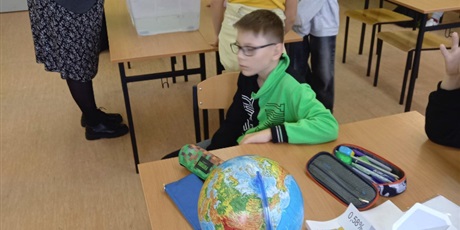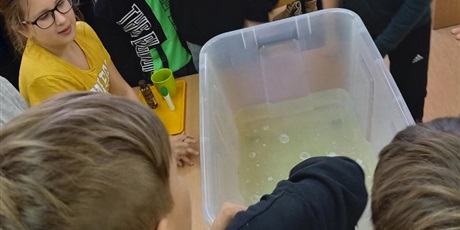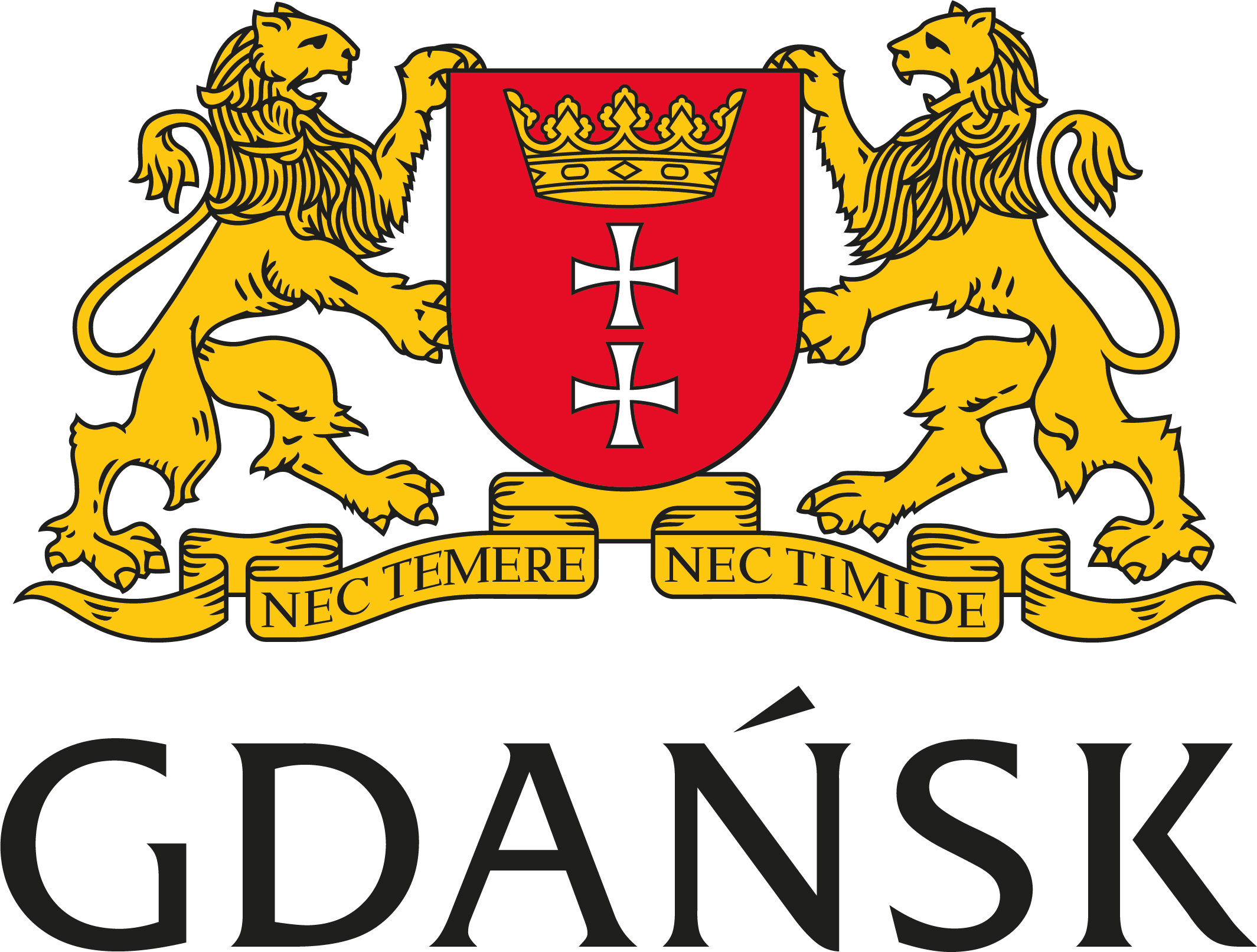Today, one of the world's most important issues is protecting the environment in which we live. In our school, environmental issues are discussed in various subjects and during the homeroom. The class Va participated in a lesson on the topic: Blue Planet. Should water be saved?
The pupils were first briefly introduced to the topic. After this, they explained the meaning of the colours on the map. Through discussion, they established why Our Planet is called the Blue Planet.
During the lesson, various types of water found on Earth were discussed and the amounts of water in the world were illustrated using vessels of different capacities. The drawings of the vessels used during the lesson reflected the corresponding percentages of the Earth's water resources:
- salt water, i.e. seas and oceans 97.3% - a 10-litre bucket,
- glaciers 2.1% - a glass,
- groundwater 0.58% - a cap, e.g. of deodorant,
- lakes and rivers 0.02% - a small coffee spoon.
Then, working in groups, the children created proverbs from scatterplots to illustrate the importance of water in our lives.
Finally, the children performed an experiment during which they simulated how fast the water is polluted. A transparent container with water was placed in the middle of the classroom, to which every pupil had free access. This vessel, filled with clean water, symbolised an unpolluted river. The pupils recalled their activities from the morning, repeating them and simulated:
- brushing teeth by adding toothpaste to the water,
- washing hands by adding soap to the water,
- washing dishes by adding washing-up liquid to the water,
- washing hair by adding shampoo to water,
- washing by adding washing powder to the water.
Food leftovers, grease, bits of toilet paper, leftover coffee, milk or juice also entered the symbolic river. The pupils watched as the water in the vessel began to resemble sewage. The children were very surprised that the pollution of the water occurred so quickly, even though they had poured only small amounts of waste into the vessel.
The lesson was very interesting. As a result, the children understood the need to protect and conserve water resources on Earth.
Małgorzata Żak
